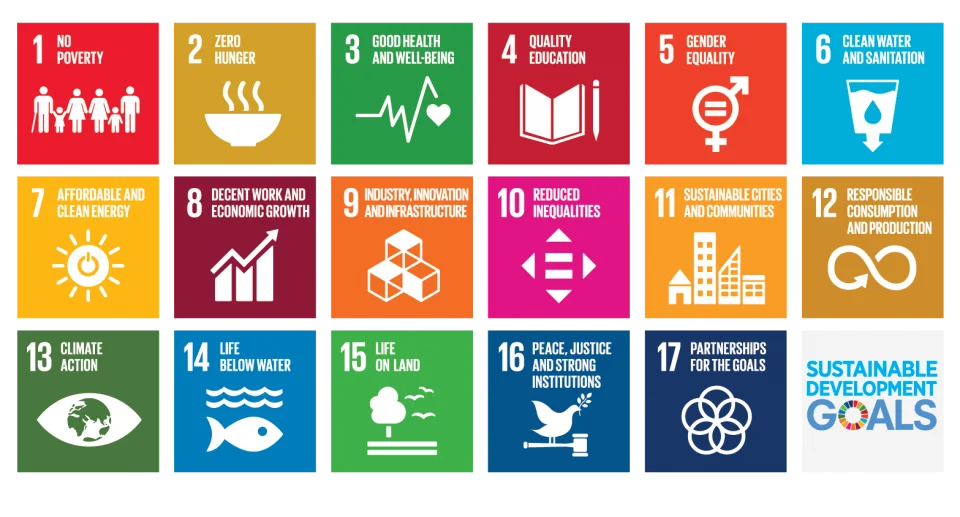In many cultures, widows are often left in the shadows, their voices unheard, their potential untapped. Yet, when widows are empowered to become leaders, the impact ripples far beyond their own lives. This transformation is not just personal—it changes the very fabric of communities and nations.
The Urgency of Empowerment
Globally, over 258 million widows face significant economic and social challenges. Many are left to fend for themselves and their children without any support. The loss of a spouse often leads to a loss of status, income, and opportunities. But when these women are given the tools and support to rise as leaders, they can change the narrative—not just for themselves, but for their communities as well.
Empowering widows is not just a moral imperative; it’s a practical necessity. Studies show that when women are given leadership roles, communities see better health outcomes, improved education, and stronger economic growth. This is especially true for widows, who often have a deep understanding of the challenges faced by the most vulnerable members of society.
Emotional Transformation
For many widows, becoming a leader is a journey of emotional healing. It’s about reclaiming their identity and finding purpose after profound loss. Leadership roles give them a platform to share their stories, advocate for others, and drive change. This empowerment is not just about gaining power; it’s about restoring dignity and self-worth.
Taking Action
The time to act is now. Empowering widows to be leaders requires a collective effort—government policies that support widow-led initiatives, non-profit organizations that provide training and resources, and communities that embrace these women as leaders. By investing in widows, we are investing in a brighter future for all.
Widows have the power to transform lives—not just their own, but the lives of everyone around them. Let’s take action today to empower these women and unleash their potential as leaders. The impact will be felt for generations to come.







